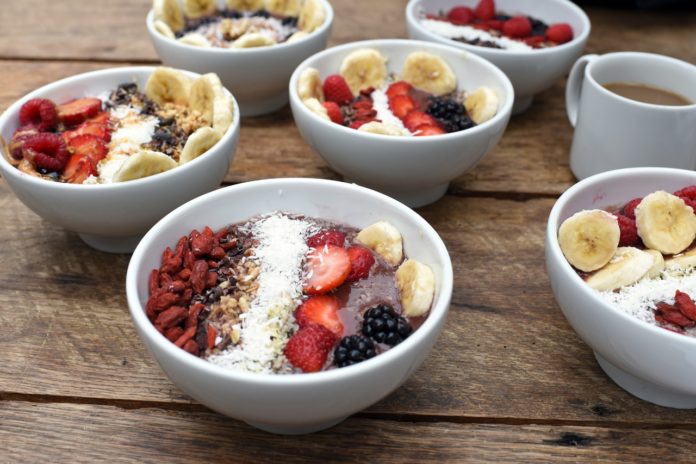Sugar content of most supermarket yogurts is well above the recommended threshold and organic products are among the worst offenders
Pushing your kids towards the yogurt rack at the supermarket to make him make healthier choices, may actually be an unhealthy idea.
Yogurt and other fermented dairy products are considered healthy because they are a good source of ‘friendly’ bacteria thereby aiding digestion. They also contain other nutrients like protein, calcium, iodine and vitamin B. Most guidelines recommend low fat and low sugar dairy products for children.
In this observational study published in The BMJ, the researchers assessed the nutrient content of almost 900 yogurts and yogurt products, from five major UK online supermarket chains in October/November 2016, which together accounted for 75 percent of the market share.
The average sugar content of products in most categories was well above the low sugar threshold. Less than one in 10 (9%) qualified as low sugar products and almost none of which were in the children’s category
All the children’s products were grouped into several categories : fermented dairy products; dairy alternatives, such as soy; desserts; drinks; flavoured; fruit; natural/Greek; and organic. Low fat and low sugar were classified according to European Union regulations, currently used as: 3 g of fat/100g or less or 1.5 g or less for drinks; and a maximum of 5 g of total sugars/100 g.
With the exception of natural/Greek yogurts, the average sugar content of products in all the categories was well above the low sugar threshold. Less than one in 10 (9%) qualified as low sugar products and almost none of which were in the children’s category. Unsurprisingly, desserts contained the most total sugar, at an average 16.4 g/100 g, an amount that represents more than 45 percent of energy intake. These were followed by products in the children’s, flavoured, fruit, and organic categories.
In these categories, total average sugars ranged from 10.8g/100 g in children’s products to 13.1g/100 g in organic products. This compares with an average of 5g /100g for natural/Greek yogurts.
Average fat content was however, either below or just above the low fat threshold.
The researchers wrote, “While yogurt may be less of a concern than soft drinks and fruit juices, the chief sources of free sugars in both children and adults’ diets, what is worrisome is that yogurt, as a perceived ‘healthy food,’ may be an unrecognised source of free/added sugars in the diet.”
“Not all yogurts are as healthy as perhaps consumers perceive them, and reformulation for the reduction of free sugars is warranted,” they concluded.


